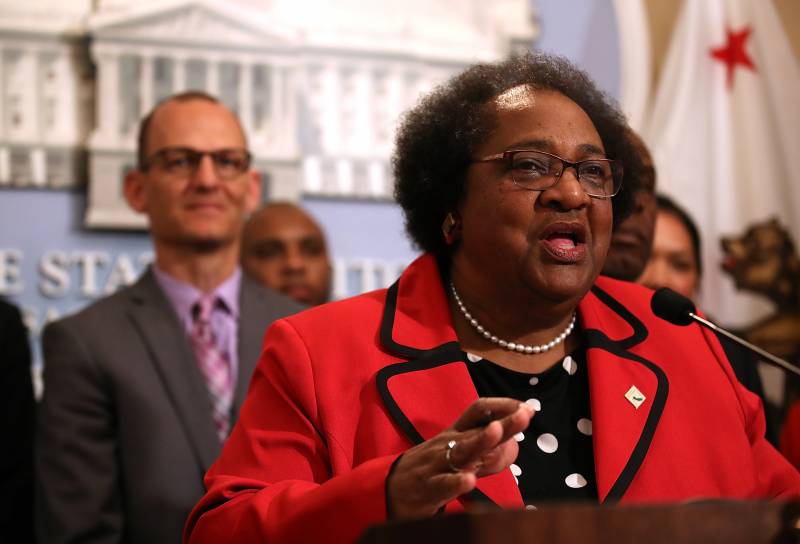California voters will weigh in this fall on restoring affirmative action and allowing people on parole to vote, after the Senate gave final approval to the two constitutional amendments on Wednesday.
The measures were both priority bills for the state’s Legislative Black Caucus, and passed amidst growing calls for lawmakers to address racial injustice in the state.
Assembly Constitutional Amendment 5 would overturn a ban on affirmative action in California. Voters passed Proposition 209 in 1996 with support from then-Gov. Pete Wilson. It prohibited the state from considering race, gender and ethnic diversity in hiring, contracting and college admissions.
Assemblywoman Shirley Weber, D-San Diego, the chair of the Black Caucus, authored the bill. During the Assembly floor debate, she said the current state of the country demonstrates that race and gender still matter.

